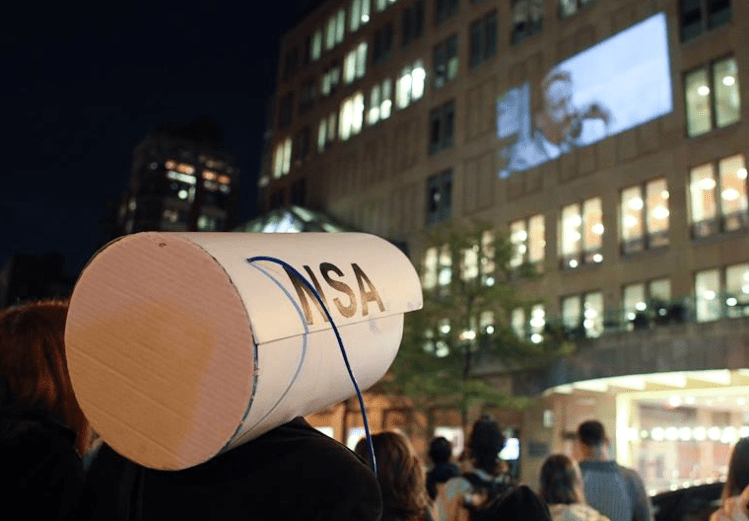U.S. president Barack Obama plans to ask Congress to rein in the National Security Agency — at least a little bit.
A White House official confirmed the President’s plans today, after rumors about the plan to curb the NSA leaked out last night.
But do we really need this legislation? And is it enough of a restraint on the NSA? The answer, in both cases, may be “No.”
As the Electronic Frontier Foundation, a privacy and cyber-rights organization, noted, the proposal is still very sketchy.
“This is good news, but we have not seen the details of either and details, as we have learned, are very important in assessing suggested changes to the NSA’s mass spying,” the EFF wrote today in a response to the news.
What’s more, the proposal responds only to one slice of the NSA’s data-collection efforts: Namely, its collection of metadata about phone calls. Not mentioned, as we noted yesterday, are the NSA’s programs aimed at collecting Internet content, Internet metadata, or the content of phone calls. (Ever heard of the NSA’s PRISM program? Yeah, that wouldn’t be stopped by this.) Nor did it address the NSA’s attempts to crack encrypted communications between individuals or to compromise the security of encryption algorithms by secreting “back doors” in them.
As the EFF observed, “the Obama administration does not go beyond the telephone records programs, which are important, but are only a relatively small piece of the NSA’s surveillance and, by itself won’t stop mass surveillance.”
Finally, there’s the question of whether the proposed legislation is even necessary. There’s already a bill aimed at ending the bulk collection of data by the NSA, called the USA FREEDOM Act, cosponsored by by Judiciary Committee chairs Sen. Patrick Leahy (D-Vt.) and Rep. Jim Sensenbrenner (R-Wisc.).
That act’s purpose: “To rein in the dragnet collection of data by the National Security Agency (NSA) and other government agencies, increase transparency of the Foreign Intelligence Surveillance Court (FISC), provide businesses the ability to release information regarding FISA requests, and create an independent constitutional advocate to argue cases before the FISC.”
In other words: Thank you for the proposal, Mr. President. Have you noticed the bill that we are already working on?
VentureBeat's mission is to be a digital town square for technical decision-makers to gain knowledge about transformative enterprise technology and transact. Learn More






![Reblog this post [with Zemanta]](http://img.zemanta.com/reblog_e.png?x-id=53442589-0b0e-4233-8552-5ebc439a2995)
